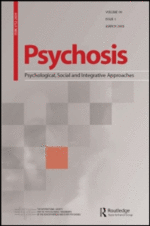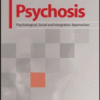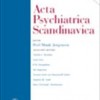Editorial: Voices in a Positive Light
What does it mean to think of voices ‘in a positive light’?
For the contributors to this first special issue of Psychosis, it means challenging any model that understands voice-hearing solely as the meaning-less symptom of an underlying disease, deficit, or dysfunction. Mainstream biomedical psychiatry’s account of auditory verbal hallucinations we regard as phenomenologically impoverished, actively disempowering, over-invested in unsupportable distinctions between ‘normal’ and ‘pathological’ voices, and ill-equipped to investigate or make sense of what is now known about the link between voice-hearing and people’s life experiences. As a result, its efforts to midwife recovery from the impairment that can be caused by some voices are at best incomplete and, at worse, actively harmful. Without downplaying the need for further investigation and critique of these dominant models, our goal in this special issue is to foreground positive approaches both to the experience of hearing voices and to the way this is conceptualised and researched.




Leave a Reply
Want to join the discussion?Feel free to contribute!